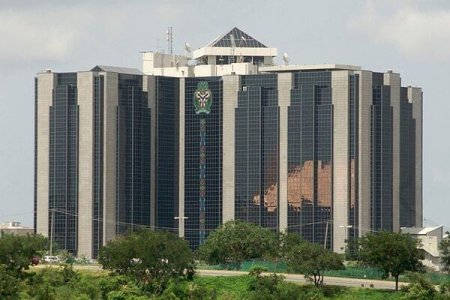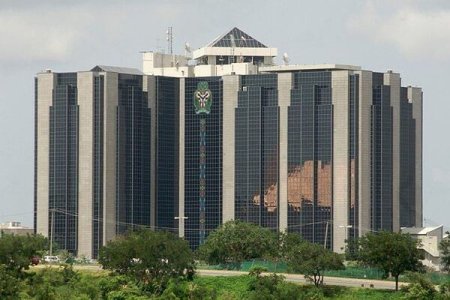
The CBN has ordered bank directors with non-performing insider loans to resign immediately. Banks must recover outstanding debts by seizing collaterals and limiting insider loan exposure to comply with BOFIA 2020 regulations. This move aims to strengthen corporate governance, reduce financial risks, and enhance transparency in Nigeria’s banking sector.
The Central Bank of Nigeria (CBN) has issued a directive requiring bank directors with outstanding insider loans to step down immediately. This decision aims to reinforce corporate governance and risk management in the financial sector.
Insider loans refer to credit facilities extended to a bank’s directors, top executives, or major shareholders. If these loans become non-performing, they pose risks to financial stability. In response, the CBN has mandated that affected banks initiate debt recovery processes, including reclaiming collateral and seizing the shareholdings of the defaulting directors.
The directive, outlined in a circular signed by Adetona Adedeji, acting director of banking supervision, aligns with Section 19 of the Banking and Other Financial Institutions Act (BOFIA) 2020. It stipulates that banks must ensure that insider-related credit facilities remain within legal limits—individual loans must not exceed 5% of a bank’s paid-up capital, while total insider loans cannot surpass 10%.
Additionally, banks must regularize any insider-related loans that were approved by the CBN without specific timelines within 180 days. Loans previously approved with defined timelines must also be settled within the stipulated periods.
The CBN emphasized that these measures are effective immediately and must be strictly adhered to, ensuring compliance with regulatory frameworks while promoting financial discipline and accountability in the banking sector.




![Today's Naira Rate [20-02-2025]: Naira Appreciates to N1,514/$1 as CBN’s Forex Policies Take Effect](/data/attachments/213/213672-e564755bb46369580ab1e9546e81de77.jpg?hash=PERHMQHP25)